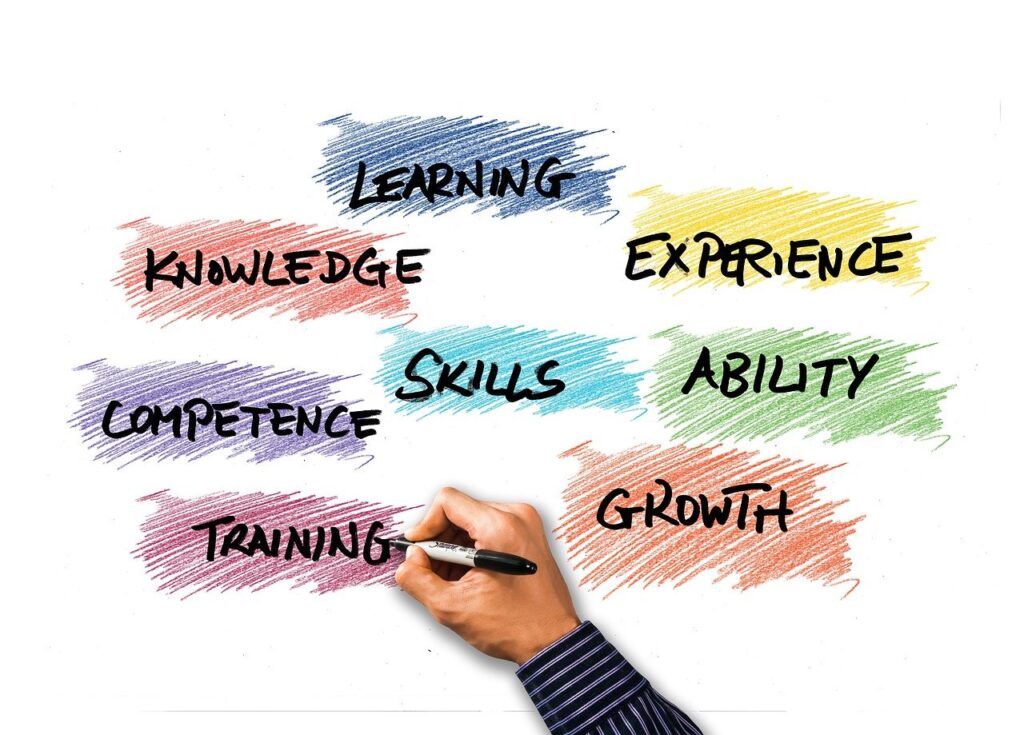A critical factor in career development is the assistance of your superiors. Without guidance, a good recommendation, and a positive word in your favor, you may not have the chance to grow in your respective field. Now more than ever, career enrichment requires a certain degree of positive recommendation and training from superiors. For example, suppose you are looking to enrich your career by moving up through the organization’s ranks. In that case, your previous boss will play a significant role in you getting that new job.
Unfortunately, the business hierarchy is such that employers are less likely to put positive words for their subordinates. Perhaps due to how cutthroat the market can be, bosses rarely take the initiative to develop their employees’ careers.
A leader guides and motivates subordinates to get tasks done and work in the business‘s interest while looking out for their team. An issue arises when there are fewer leaders and more autocratic bosses in the organization.
Read on further to find out how leaders assist in employee career development.
Encourage effective communication

A prominent trait of a leader is their ability to communicate in the most efficient way possible. A leader is one who can get their point across yet not be swayed by counterarguments. Communication through confident, assertive, and yet polite means can be a game-changer in the work environment.
When encouraging career development in employees, one of the most important traits a leader might instill in a subordinate is good communication skills. Teaching employees skills or encouraging them to educate themselves in better communication methods might be a significant benefit. Especially in the cutthroat corporate work environment, a sense of assertiveness is a must if you are looking to rise through the ranks. Encouraging them to develop communication skills and pursue education can significantly enrich their careers. A strategic communications master’s could go a long way in helping the employee grow in their career. Focusing on communication skills will help you advance in your career and quickly reach top management roles.
Delegating responsibility
One of the defining factors of a leader in the workplace is that they give employees more responsibility, which they deem employees can handle. Job enrichment through assigning responsibility needs differentiating from a boss who overburdens their employees with tasks they cannot take.
Job enrichment will teach the employees new responsibilities and make them experts in several areas of the job. Doing so gives them the experience to grow in the company and work on developing diverse skill sets. Undeniably, leaders can also help employees explore their hidden talents by using job rotation in various departments. They are more likely to get promotions based on how they can handle pressure and possess a diverse range of expertise. With these factors, they may be in line to move through the company’s ranks and potentially grow in their career in the long run.
Recommendations for prospects
A significant way to assist your employees in their career development is to give them good recommendations for their future endeavors. Whether it is internal recruitment or looking to pursue their options and better their career externally, a previous employer’s reference is essential. It could significantly help them secure a job.
A previous employer’s recommendation or reference gives the new recruiter a sense of security when hiring the potential new employee. Moreover, with safety being a significant consideration in office places in the modern age, a recommendation is almost mandatory in most jobs. It ensures good behavior, transparency, and a positive work ethic. Encourage good employees to put your contact information down on their resume as a reference for future companies to contact.
Instilling Managing Skills

A tremendous aspect of working under a charismatic leader is that they help us hone our skills by mirroring theirs. An effective leader drives people toward achieving organizational goals and focuses on employees. He/she ensures that employees learn along the way and polish their skills and capabilities. You probably need to switch organizations if your leader isn’t inculcating various skills in you. In today’s time, employees develop and prosper by developing their abilities with the help of supervisors. With a leader teaching you various managerial and leadership skills, you will see a positive change in your potential career development. Through employee skills tracking, an employee can determine what skills they need to acquire to move to the next level in their work experience for future promotions.
Building your strengths
Every employee has a set of strengths and weaknesses that they have to work on to excel and develop in their career. Nonetheless, the manager must identify these strengths and promote them as much as possible. Every worker has a skill set with specific positives and negatives. One should always continue focusing on their strengths while still trying to fix whatever weaknesses they have. A good leader in the office sees the employee holistically. Not only do they look at an employee who is giving them services and completing work around the office, but they see an individual with a specific set of skills. Some could possess strong, whereas others may have inadequate skill sets. A boss with good leadership skills knows how to encourage you to put your best foot forwards and help you in your career development. Nothing can stop you from achieving career success if you can bank on your strengths and reduce your weaknesses.
Conclusion
Besides all the factors mentioned above, a good leader resonates a sense of positivity around the office. Usually, people approach them if they have queries or need help with something. Their approachableness and ever-ready ability to help are significant in assisting career development for employees in the office. Therefore, see office workplace leaders as individuals who radiate a sense of comfort and encouragement in the workforce.
Leadership qualities usually exist since birth, or one can go through leadership training programs to attain the skills set. Either way, just about anyone can benefit from being a leader in today’s age. Other than the work environment, leadership qualities are welcome in just about every aspect of social interaction and everyday life.
Featured Photo by Rebrand Cities from Pexels
